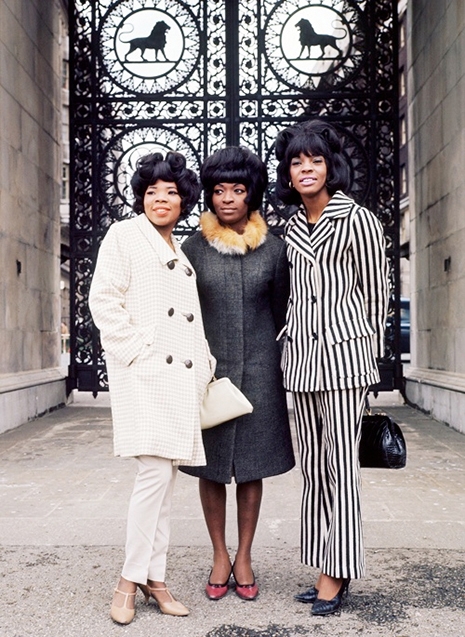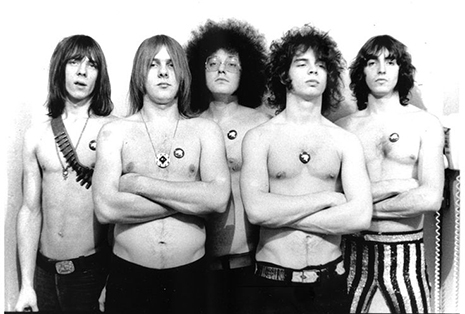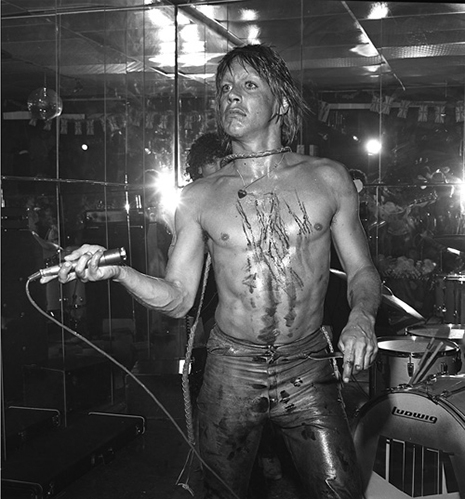
Martha Reeves and the Vandellas
Below you’ll find Motor City’s Burning: Detroit from Motown to the Stooges, A 2008 BBC documentary that gives a brief summary of the musical trajectory and evolution of Detroit’s music scene through the riotous decade. It’s a little overly ambitious in scope and far more focused on MC5 and the Stooges then it is on Motown, but it’s worth taking a look as it traces a path from John Lee Hooker to Berry Gordy’s slick Motown production, through the Detroit riots of 1967 and the emergence of the MC5, the Stooges, George Clinton and Alice Cooper. The music scene is necessarily tied to the history of Detroit and the rise and fall of the auto industry and the 1967 Detroit riots.

There are many luminaries interviewed here including Johnny Bassett, Lamont Dozier, Martha Reeves, Mary Wilson, Mike Davis, Wayne Kramer, John Sinclair, Ron Asheton, Scott Asheton, Lenny Kaye, Iggy Pop and Alice Cooper.

The MC5
Some of the best commentary in film talks about the dichotomy between views of the city in the sixties. Inner-city African Americans had a clearly different experience from the largely suburban white acidheads freaking out to the likes of the MC5 in places like the Grande Ballroom (shown in contemporary footage and in complete dilapidated abandon) where the MC5 had a residency. John Sinclair, the MC5’s headline grabbing manager and White Panther Party founder, discusses the fact that white kids came to inner city Detroit looking for “urban adventure.” African Americans on the other hand felt intimidated and provoked by white police and increasingly infuriated over the ghettoization their neighborhoods. While groups like the Motor City 5 lived right in the middle of the unrest, their largely white audience often did not.

Iggy
John Sinclair’s arrest for two joints and the John and Yoko support concert is discussed, while Iggy Pop talks about the early Ann Arbor scene, and there’s good footage particularly of John Lee Hooker, MC5, the Stooges and George Clinton throughout the film.
The documentary leaves a lot to be desired with kind of Cliff’s Notes oversimplification but it has some notable anecdotes and perspectives. If you’ve got an hour to kill or you just don’t know much about the Detroit musical phenomenon, one could find a worse primer.